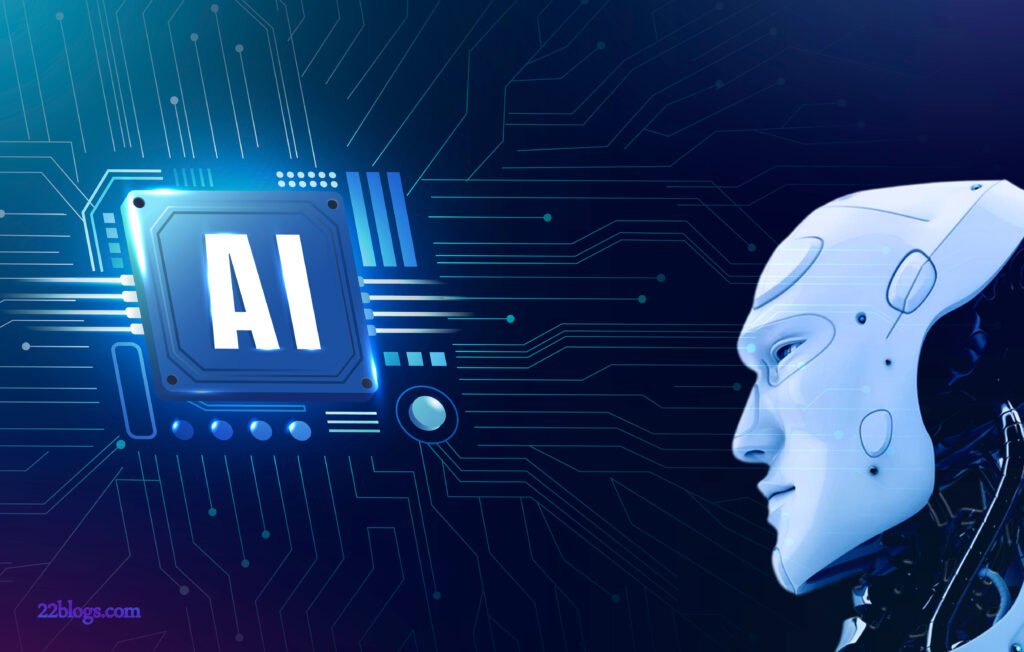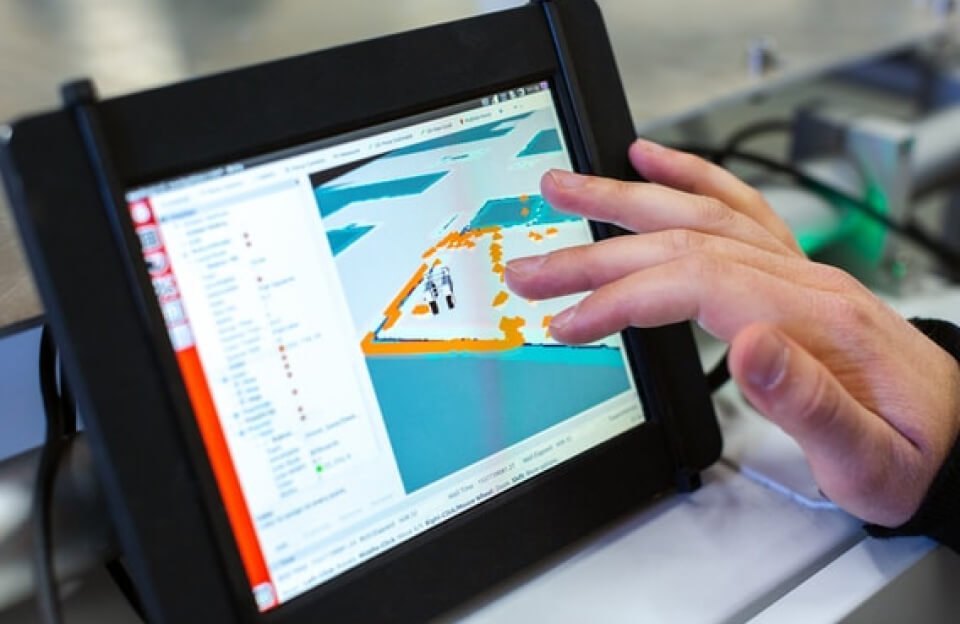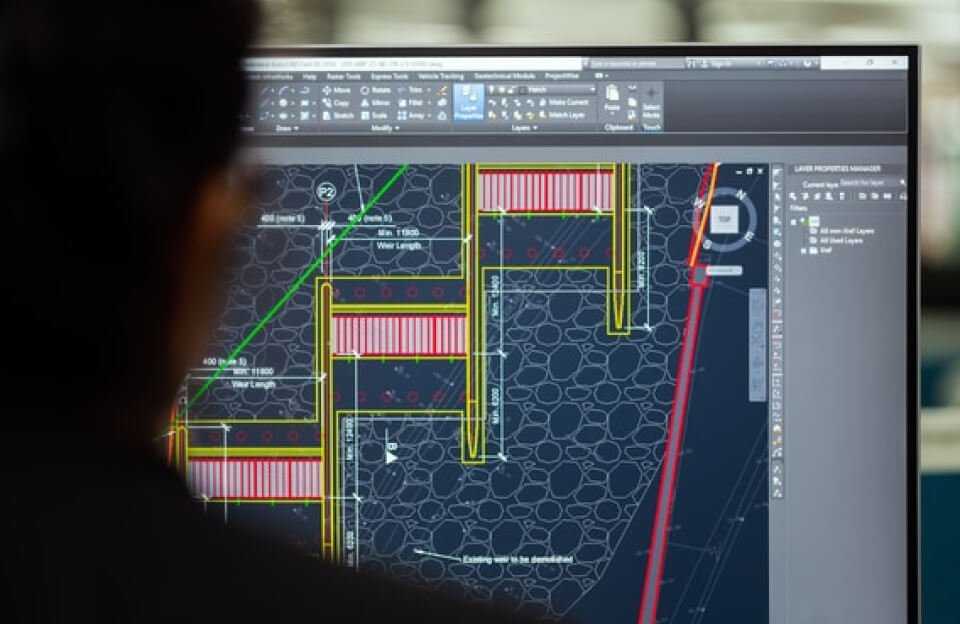As we all know AI stands for Artificial intelligence. As per name, it works by itself. It’s the latest and the upgraded form of technology it responds like a human. But obviously, it’s human-generated code or an application that is made to be able to think to give the answer to questions. It is actually made like a memory chip or a server in which all information over the world is saved. Its code gathers possible options to show the answer according to the asked question. But now it also upgraded in which it creates entirely new data that resembles the human-created content.
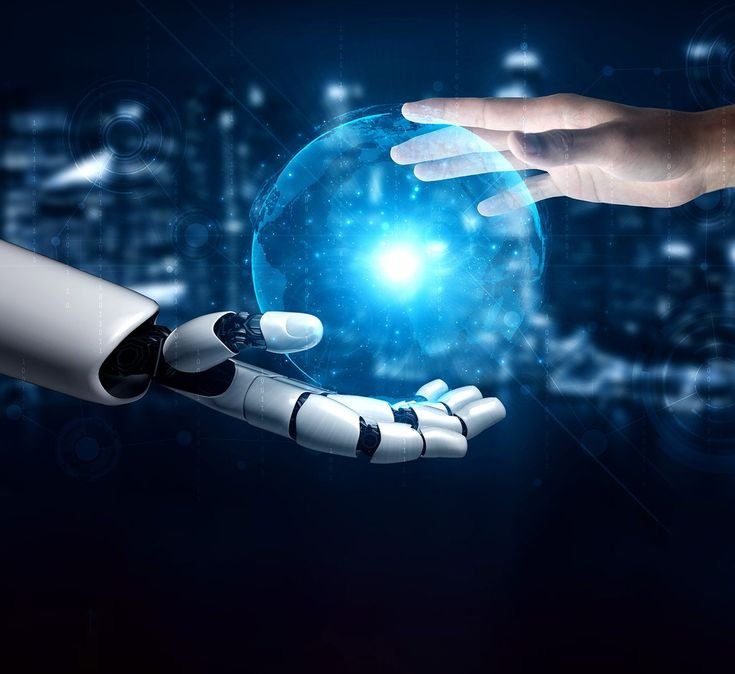
What is AI?
Artificial Intelligence has a wide scope separate then technology. It’s a too-broad topic. While everyone seems to be talking about AI (Artificial Intelligence) these days. Human’s future is being shaped by artificial intelligence to make their lives easier. AI represents humanity’s attempt to replicate human intelligence in machines. In this field, computer science, engineering, mathematics, and cognitive science are combined to develop systems that can do tasks normally performed by humans.
Artificial intelligence is based on algorithms and models that allow machines to exhibit human-like cognitive traits. These traits include a person’s ability to learn, reason, solve problems, perceive, understand language, and make decisions.
History of Artificial Intelligence
The history of AI started years ago, In 1950 Alan Turing proposed the “Turing Test (called the Imitation Game)” that same year Isacc Asimov proposed the three laws of robotics. In 1951 the first AI program was written. In 1955 the first self-learning game playing program was created. In 1959 the MIT AI lab was set up, In 1961 the first robot was introduced into GM’s assembly line. 1964 saw the first demo of an AI program that understands the natural language. in 1965 the first chatbot Eliza was invented.
In 1974 the first autonomous vehicle was created at Standford AI lab. In 1989, Carnegie Mellon created the first autonomous vehicle using the network, In 1997, IBM Deep Blue beats Garry Kasparov at chess. In 1999, Sony introduced AIBO that same year the MIT AI lab’s first emotional AI was demonstrated.
In 20th Century
In 2004 DARPA introduced the first autonomous vehicle challenge in 2009 google started building a self-driving car. In 2010 narrative Science AI demonstrated the ability to write reports. In 2011 IBM Watson beats Jeopardy champions that same year Siri Google Now and Cortana became mainstream. In 2015 Elon Musk and others announced a 1 billion dollar donation to open AI. In 2016 Google’s deepmind defeated the Korean alphago champion. In 2016 Standford issued the AI 100 reports.
In 2016 UC Berkeley launched the Center for human-compatible artificial intelligence. As you can see AI is not new but the advances we are making are progressing at an exponential pace leveraging our ever-faster computing power the explosion of digital data and the speed of communication infrastructure in some ways the commercialization era of AI has just begun and the profoundly affect our world as we know it similarly or possibly more profoundly than the way the internet and mobile phones have done so before don’t.
All platforms all over the world are focusing on AI (i.e. Google, Microsoft, Amazon, etc.). In fact, there are two types of AI, one is Narrow(Weak) AI and the other one is General(Strong) AI which is actually a world-changing game. Robot is the greatest achievement of artificial intelligence and robotics has been very helpful in our daily life.
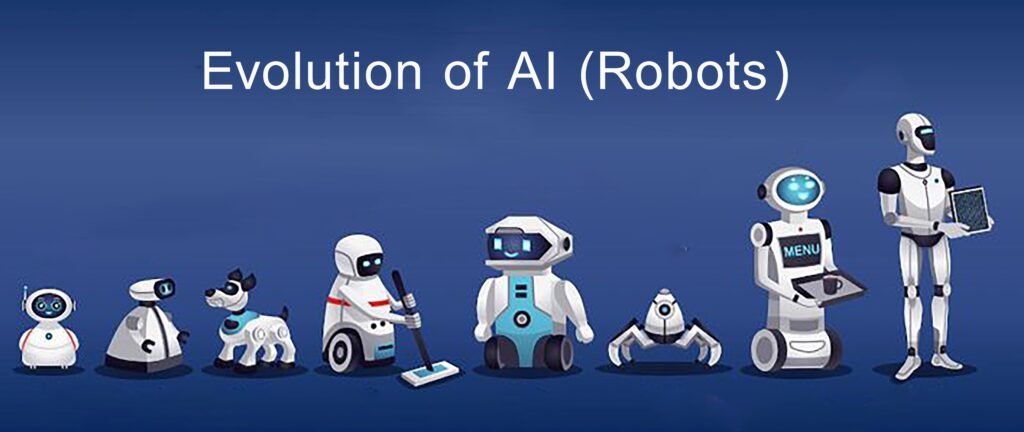
Narrow(Weak) AI
is one in which the early inventions are included or old and some traditional techniques are used. Systems designed and trained for specific tasks, such as voice assists, recommendation systems, autonomous vehicles, etc.
General(Strong) AI
On the other hand, General(Strong) AI is an upgraded and the latest form of artificial intelligence. hypothetical AI that exhibits human-like intelligence across a wide range and domains. this type of AI remains a subject of research and speculation.
Conclusion
Artificial Intelligence is the most helpful and useful technology in all aspects of our everyday life. AI continues to evolve, punching the boundaries of what machines can achieve. it improves the efficiency of work and it solves the complex problem easily. However, ethical considerations and responsible development remain crucial as we navigate this transformative era.
As AI continues to advance, its impact on society will undoubtedly be profound, shaping the way we live, work, and interact with technology in the years to come.

